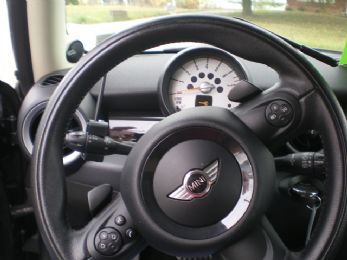
.jpg&newheight=260&quality=80)
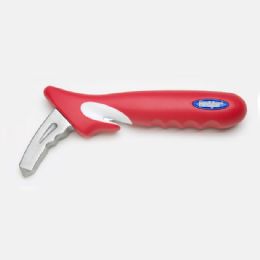
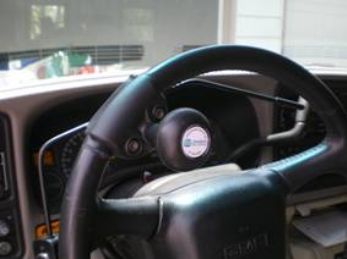
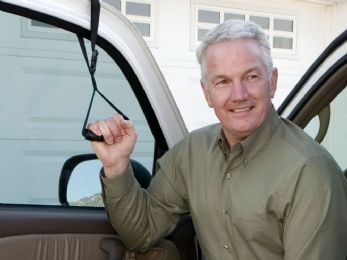
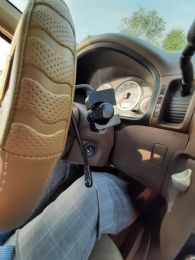
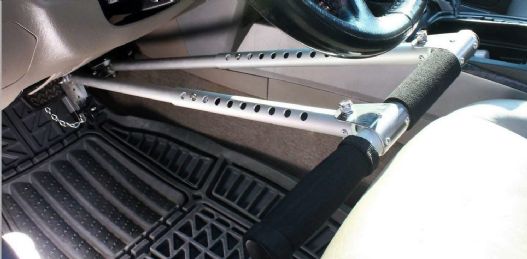
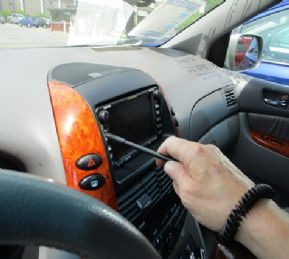
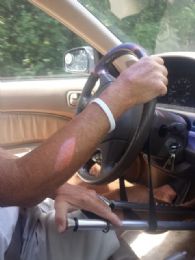
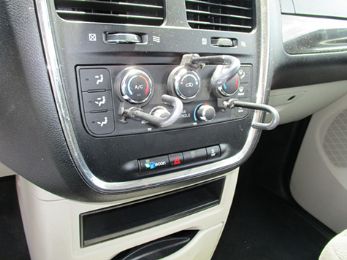
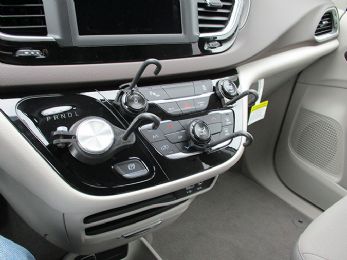
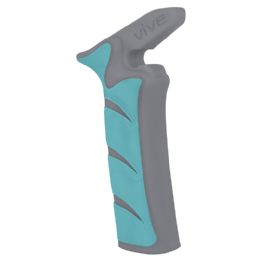
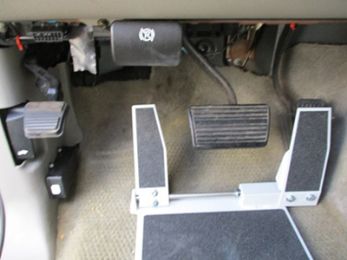
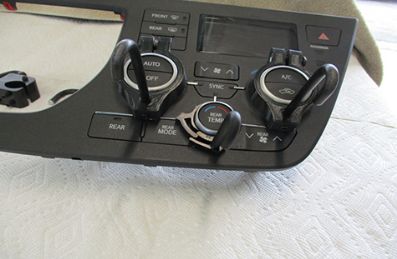
What are Car Helpers?
Car helpers consist of varying and unique daily living aids that assist people with physical limitations or medical injuries to drive, and/or be a passenger in an automobile. About 560,000 people with physical disabilities will never leave home because of transportation difficulties. These transportation difficulties can range from not being able to physically get into a car, to the inability to feel comfortable while seated in a vehicle, to restricted visual perspectives that make safe driving impossible.
People with disabilities make up about 40% of people, or about six million individuals, who experience difficulties getting or using the transportation they need. Due to the fact that many people with disabilities have trouble with using cars, the lack of access to other modes of transportation can disproportionately harm them in their travels. Without access to transportation, many disabled people will not become part of society’s economic or social environment, and may become increasingly alienated from mainstream society.
What Are Some Examples of Car Helping Devices?
Millions of Americans experience back pain each year, and at times, the act of sitting down in one place can become painful. When driving or being driven in a car, a person is limited to sitting in one place without the benefit of getting up and moving around. Car and motorcycle seat or back support cushions can offer comfortable support with the natural contours of the spine, providing healthy reinforcement. These cushions additionally help to prevent slouching while sitting for extended periods of time, as bad posture is often a major cause of back pain.
A transfer board or cushion can help reposition a person while in a wheelchair or car seat. A transfer cushion swivels 360 degrees, allowing for easy movement in any direction while seated, helping to prevent back and hip strain by assisting the user in twisting the hips around for an easier entry or exit from a vehicle.
Many people have mobility impairments with turning their head to the side, or may have visual impairments with weak eyesight. To combat a limited field of peripheral vision, an oversized rearview mirror can provide greater views along the side and rear of the vehicle. Eliminating the “blind spot” and being able to help eliminate the need to look over the shoulder when exiting or merging from roads and freeways will help reduce driving fatigue and accidents. An oversized rear-view mirror will also offer better visibility and driving confidence to the user while it also helps to take the guesswork out of driving.
People with limited hand mobility or arthritis may have trouble with gripping small car keys. A key holder is a hand-sized handle device that holds several house and car keys. This specially designed aid allows the user to easily grasp the handle and slide the car key out to use, as it provides extra leverage and grip for using the key, while other keys stay folded up within the handle.
Many people, especially the elderly, may have trouble bending their legs or knees to comfortably and safely get into and out of a vehicle. Some medical devices provide a little extra help with a sling-type grip that attaches to the top of the vehicle door. This assists the user by offering a sturdy and secure base to grab onto when sitting down into a car seat, or when getting up and out of the vehicle.
Rehabmart is pleased to offer a growing selection of quality car helping devices from experienced and innovative vendors that include North Coast, Prism Medical, ROHO Group, MaxiAids, Maddak and Stander, Inc.
Hulet Smith, OT
Rehabmart Co-Founder & CEO
ws